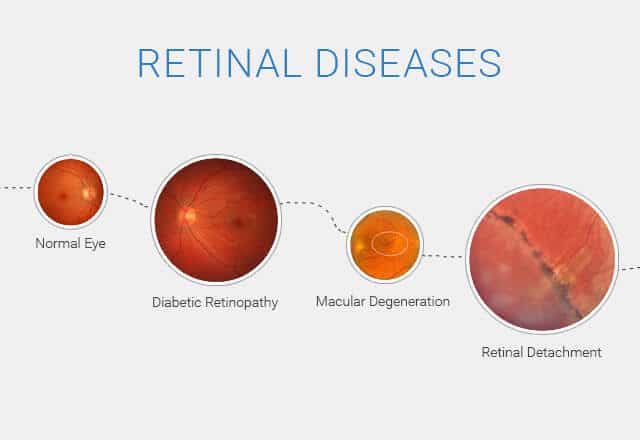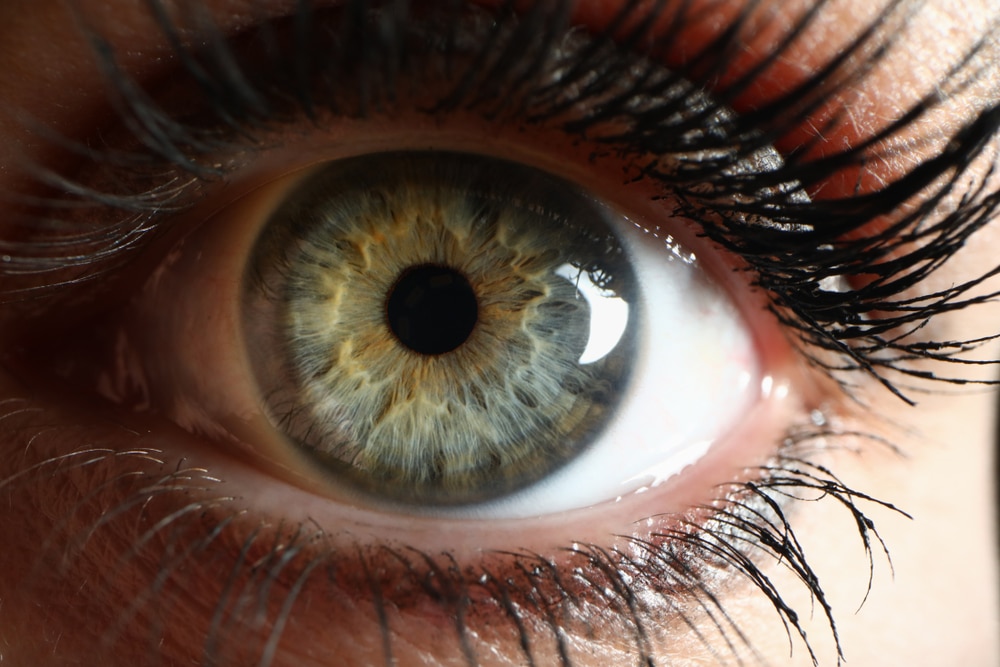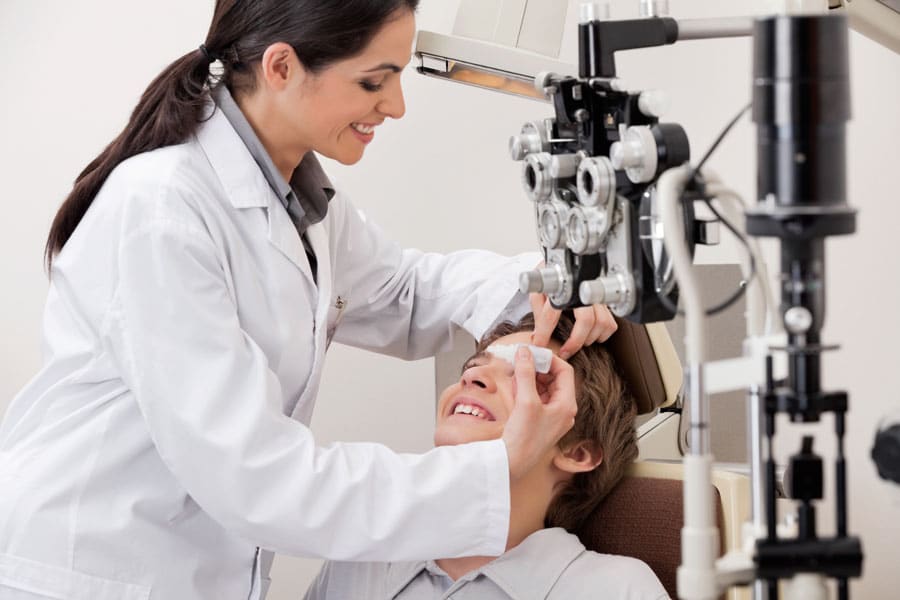Eye Centers of Florida is merging with Quigley Eye Specialists to become The Eye Associates.
Complications with the retina have the potential to impair your vision for life. The team at Eye Centers of Florida recognizes the seriousness and urgency of retinal diseases and we’re here to help ensure that you get a timely diagnosis and proper treatment any time something’s wrong with your eyes.
With our expert retinal surgery specialists, premium technology, and advanced medical techniques, we have everything necessary to provide you the emergency retina care you need.
A retinal disease is simply classified as any condition that affects your retina. The retina is crucial for vision, meaning that almost all cases of retinal diseases require urgent medical care. If untreated, these conditions can cause significant vision loss or even blindness.


The retina is a thin layer of tissue that lines the back of the eyeball and contains millions of photoreceptor cells. In the center of the retina is the macula. The macula is the part of the eye that gives us clear sight and color vision.
When light enters the eye, it’s focused on the retina. The retina takes this light and converts it into chemical and nervous signals using photoreceptors. These signals are interpreted by the brain into the images we see.

Two of the most common types of retinal diseases are age-related macular degeneration (AMD) and diabetic retinopathy.
Macular degeneration occurs when the macula deteriorates, often with age. The macula is responsible for the sight that’s used for reading, driving, and other fine-detail work. AMD often occurs as part of the natural aging process; it’s the number one cause of legal blindness in people over the age of 50. As many as 11 million people in the U.S. have some form of macular degeneration.
Diabetic retinopathy is the most common eye disease related to diabetes. Diabetics often experience changes in the blood vessels in the retina. The vessels can swell, leak fluid and blood, and even close-off completely. In some cases, abnormal blood vessels begin to grow on the retina, which can lead to a retinal detachment. Diabetic retinopathy is a progressive disease that can lead to a loss of vision if not treated early enough.
Many retinal diseases share common signs and symptoms, such as:
Retinal diseases are emergency situations that often require immediate attention, but treatment outcomes can be improved with early detection in a routine eye exam.
Your retinal issue can stem from one of a wide variety of conditions. Defining the cause of your retinal disease is essential to determining a proper treatment plan.Some common retinal diseases and conditions are:
Along with performing surgeries to treat retinal diseases, our team in Fort Myers also specializes in other treatments, such as:
Your retina is essential to proper, lasting vision and if you experience problems with your retina, you need immediate, quality care. From our experienced retinal surgery team to the cutting-edge equipment used in our Accredited SurgiCare Center, Eye Centers of Florida has the resources needed to provide you with prompt-yet-comprehensive, retinal care.